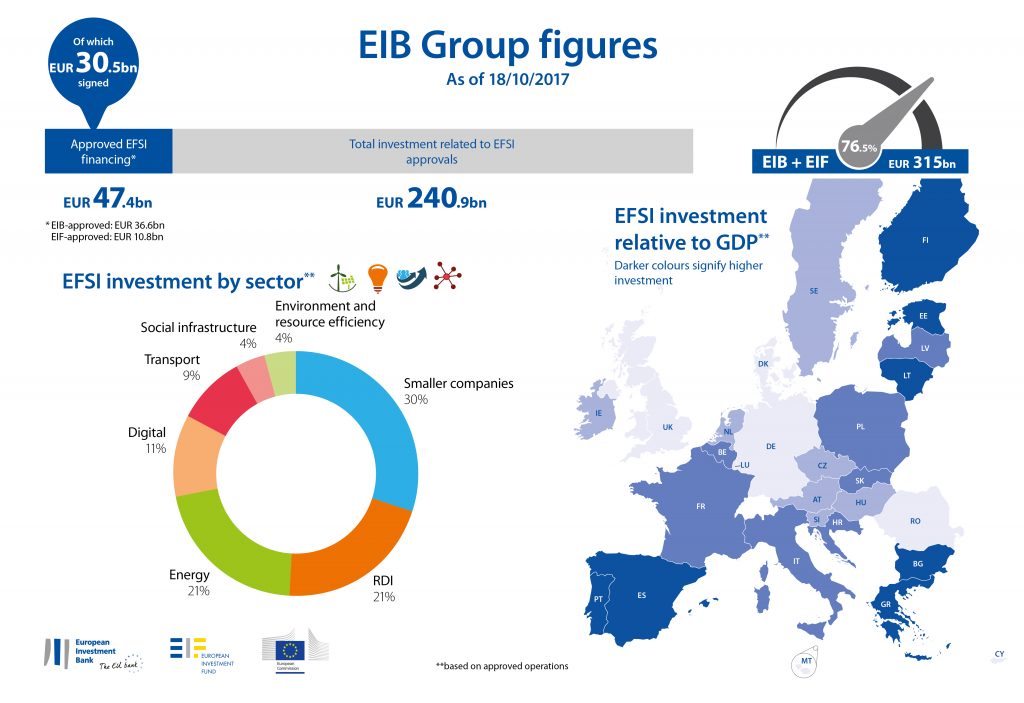EU’s massive investment plan has helped fund projects worth close to 250 billion euros in companies and infrastructure across the EU. But those investments have largely circumvented Denmark.
Out of EU’s 28 member states, Denmark ranked 24th for the amount of investment they received compared to their GDP (Gross Domestic Product). Only Cyprus, Malta, Romania and Luxembourg received less than Denmark.
“There are various reasons why the countries are ranked as they are, but the most important is probably the level of information regarding the investment plan in individual countries,” Jyrki Katainen, the deputy head for jobs, growth, investment and competitiveness at the European Commission, told Finans.dk.
READ MORE: EU wants Danish border control to end
Estonia excelling
Denmark’s Nordic neighbours fare far better in the investment rankings – with Finland coming seventh and Sweden 15th. Overall, Estonia received the most, followed by Bulgaria, Greece, Portugal and Spain.
The investment plan, also known as the Juncker Plan (after EU Commission head Jean-Claude Juncker), aims to generate investment in EU countries worth a total of 315 billion euros over the three-year period 2015-2017.
The EU Commission and the European Investment Bank bring 21 billion kroner to the table, while the rest is drummed up from private investors.
See the ranking here (in English).
















